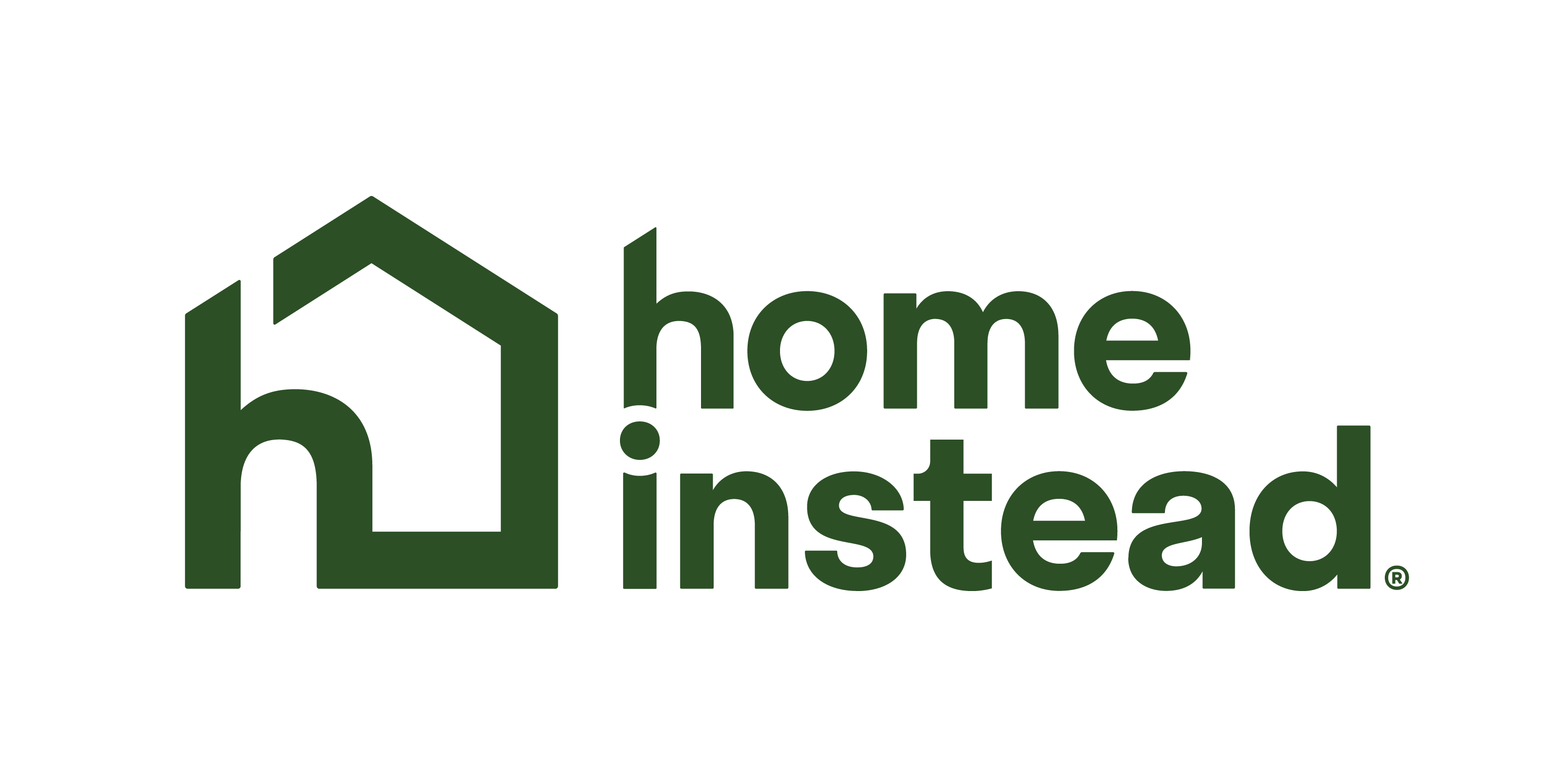Medicare can be confusing, especially when it comes to home care. This guide breaks down what’s covered, what’s not, and how to get the most from available benefits.
When a loved one needs support at home, many families wonder: Does Medicare cover home care? The short answer is yes — sometimes. But the long answer involves knowing exactly what types of care Medicare includes, who qualifies, and how long coverage lasts. Let’s walk through the details to help you plan the right care for your aging parent or loved one.
What Is Home Care?
Home care refers to a range of services that help individuals live safely and comfortably in their own homes. These services can include:
Personal care (bathing, dressing, grooming)
Medication reminders
Light housekeeping
Meal preparation
Companionship
Skilled nursing
Physical, occupational, or speech therapy
Home care can be medical or non-medical, and that distinction plays a major role in determining what Medicare will cover.
Does Medicare Cover Home Care Services?
Medicare does not typically cover non-medical personal care services like help with bathing, dressing, or meal prep unless those services are part of a skilled care plan.
Here’s What Original Medicare Does Cover:
Under Medicare Part A and/or Part B, home care coverage may include:
Skilled nursing care (part-time or intermittent)
Physical therapy
Occupational therapy
Speech-language pathology services
Home health aide services (only if you also require skilled care)
These services must be medically necessary and prescribed by a doctor. You must also be homebound (meaning it’s extremely difficult to leave your home without help).
📌 Important: Medicare will not pay for 24/7 home care, meal delivery, or custodial care (long-term assistance with daily living activities).
Eligibility Criteria for Medicare Home Health Coverage
To receive home health care under Medicare, the following criteria must be met:
You are under a doctor’s care, and the doctor must certify your need for home health care.
You need one or more of these services: skilled nursing care, physical therapy, speech-language therapy, or continued occupational therapy.
You are homebound, meaning you have trouble leaving your home without assistance.
You receive care from a Medicare-certified home health agency.
If all these conditions are met, Medicare typically covers 100% of the approved cost of home health services.
What Services Are Covered by Medicare?
Let’s break down the specific services Medicare may cover for eligible individuals:
| Service | Covered by Medicare? | Notes |
|---|---|---|
| Skilled nursing | ✅ Yes | Must be part-time and medically necessary |
| Physical therapy | ✅ Yes | Must improve or maintain your condition |
| Occupational therapy | ✅ Yes | Must help regain daily function |
| Speech-language pathology | ✅ Yes | For communication or swallowing issues |
| Home health aide | ✅ Yes, with skilled care | Only if you’re receiving skilled services |
| Medical social services | ✅ Yes | Includes counseling and support |
| Durable medical equipment (DME) | ✅ Yes, under Part B | Items like walkers, wheelchairs, etc. |
What Services Are Not Covered?
While Medicare can help with some forms of home care, many families are surprised to learn that long-term personal care is not covered. Here’s what’s typically excluded:
24/7 care at home
Meal delivery
Homemaker services (shopping, cleaning)
Personal care (bathing, dressing) if not tied to skilled care
If your loved one needs custodial care only, such as help with daily tasks, you may need to explore Medicaid, private pay, or long-term care insurance options.
How Long Does Medicare Cover Home Care?
Medicare covers home health services as long as they are medically necessary and meet the eligibility criteria. However:
Services must be part-time or intermittent (not full-time).
The home health agency must reassess your condition every 60 days.
If you no longer meet the criteria (e.g., not homebound), coverage may end.
Does Medicare Advantage Cover More?
Yes. If you’re enrolled in a Medicare Advantage Plan (Part C), you may receive additional home care benefits not covered under Original Medicare.
Some Medicare Advantage plans now include:
Personal care assistance
Transportation to medical appointments
Meal delivery
In-home support services
✔️ Tip: Contact your plan provider for a full list of covered services, as benefits vary by plan.
What About Medicaid?
Medicaid can be a lifesaver for families who need long-term in-home care. Unlike Medicare, Medicaid often covers non-medical personal care services, including help with dressing, bathing, cooking, and cleaning.
Eligibility for Medicaid is based on income and assets, and benefits vary by state. In Minnesota, for example, programs like Elderly Waiver and Alternative Care provide financial support for in-home care.
Private Pay and Other Options
When Medicare doesn’t cover the full scope of your loved one’s needs, consider these alternatives:
Private Pay: Families can hire caregivers directly or through a home care agency.
Long-Term Care Insurance: Some policies include in-home care.
Veterans Benefits: VA programs can offer homemaker services or skilled care.
PACE Programs: Available in some areas to coordinate Medicare/Medicaid care.
Tips for Navigating Medicare and Home Care
Choosing the right care path can feel overwhelming. Here’s how to stay informed and proactive:
Ask the right questions. Contact Medicare at 1-800-MEDICARE or visit medicare.gov.
Consult your doctor. They can help assess your loved one’s eligibility for home health services.
Choose a certified agency. Make sure the provider is Medicare-certified to receive reimbursement.
Review your plan annually. If you have a Medicare Advantage Plan, compare benefits during open enrollment.
Real-World Scenario: What This Looks Like for Families
Case Study: Mary’s Mom Needs Help After Surgery
After hip surgery, Mary’s 83-year-old mother was sent home. The doctor prescribed physical therapy and part-time skilled nursing. Since she was homebound and met Medicare’s conditions, her care was 100% covered — but only for about eight weeks.
When the skilled care ended, her need for help continued (e.g., bathing, cooking). That’s when Mary began private pay home care to fill the gaps Medicare didn’t cover.
This scenario is common—Medicare is a bridge, not a long-term solution.
Final Thoughts: Medicare Helps—But It’s Not the Whole Answer
Medicare does offer essential short-term support for seniors recovering at home, especially after surgery or illness. But it’s not designed for long-term or custodial care. Families often need to combine Medicare with other resources—like Medicaid, private pay, or long-term care insurance—to fully support a loved one aging in place.
Need Help Navigating Home Care Options?
We’re here to help. Whether you’re exploring Medicare-covered services or private home care, our experienced team will guide you through every step—from understanding eligibility to finding the right care plan.


